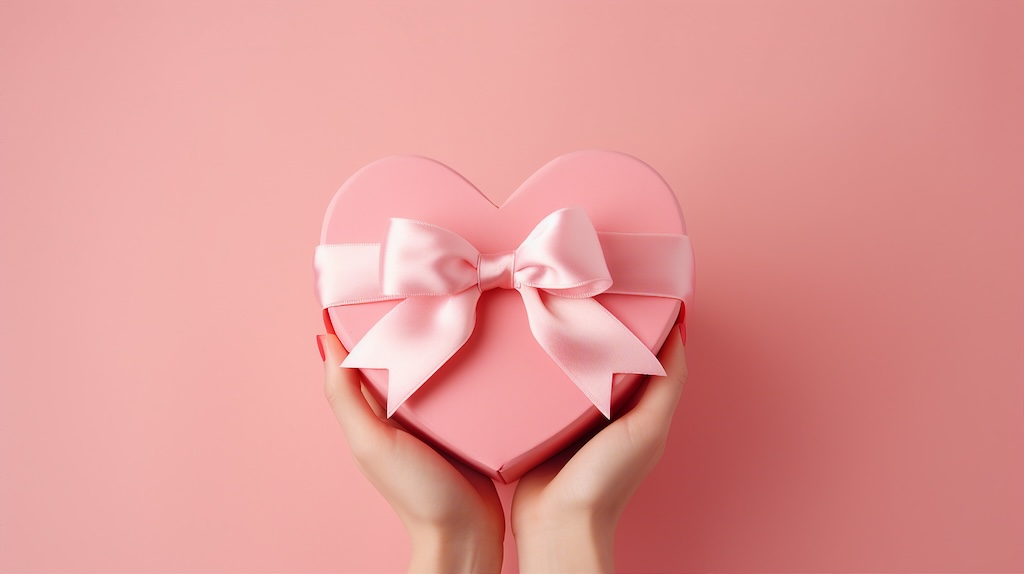Prague – most visited tourists sights
The most visited tourist sights include:
The Prague Castle: It was founded in 880 A.D. by the first Přemysl prince Bořivoj. Its greatest period was during the reign of Charles IV. In 1344 the construction of St. Vitus Cathedral started. In the time of Rudolf II the castle became a famous centre of science, arts and culture. Famous sights in Prague Castle include: St. Vitus Cathedral, the Royal Palace with the Vladislav Hall, the Spanish Hall, the Golden Lane (a legend connects it with Rudolf II’s alchemists). The Prague Castle is surrounded by the Strahov Monastery and Petřín hill with its famous watchtower.
Old Town Square – parts of Old Town Hall were hit by bombs in May 1945. The Astronomical Clock strikes every 60 minutes and is controlled by a very complicated mechanism built in the Middle Ages. In the upper part of the horologe, a procession of the Apostles can be seen every hour. The horologe is decorated by 12 medallions representing the course of village life, painted by the famous Czech painter J. Mánes. There are also 12 signs of the Zodiac. In the Old Town Square there is the monument of Master Jan Hus. There is also a Gothic tower house called At the Stone Bell and St. Nicholas Church designed by K. I. Dienzenhofer and built in the Baroque style.
Vyšehrad – formerly one of Prague’s towns and originally the castle of the Přemysl dynasty in the latter half of the 11th century and first half of the 12th century. Nowadays we can visit the National Cemetery here with graves of outstanding Czech personalities in the cultural sphere, scientists and politics. The original Romanesque Church of Saint Peter and Paul has a neo-gothic appearance now.
Charles Bridge – commissioned by Charles IV in 1357 and built by the famous Gothic architect Petr Parléř. On both ends of the bridge there are Gothic Bridge Towers. It is the second oldest stone bridge in Central Europe. It is 520 m long and 10 m wide. In the 18th century the bridge was decorated by baroque statues by Matyáš Braun and Jan Brokoff. The bridge gradually became one of the lively centres of Prague life. During the summer it is always full of tourists, souvenir stalls and street artists.
The Powder Tower – a monument of the Czech late Gothic period, stands at the end of Prague’s new pedestrian zone called King’s Road.
The Carolinum – the oldest building of Charles University founded on the 4th April 1348 as the first institution of its kind in Central Europe.
The Clementinum – the second largest building in Prague (after the Prague Castle), was built in the 17th century. Today it serves as the largest branch of the National Library.
Wenceslas Square – the centre of the city. It is about 750 m long and 60 m wide. The statue of the Czech patron – St. Wenceslas – made by J. V. Myslbek is a symbol of a free and independent republic. People usually gather here in troublesome moments of Czech history.
The River Vltava (which inspired Smetana to compose his unforgettable music) flows through Prague and surrounds 7 islands. About 18 bridges stretch over the river.





